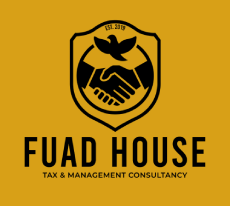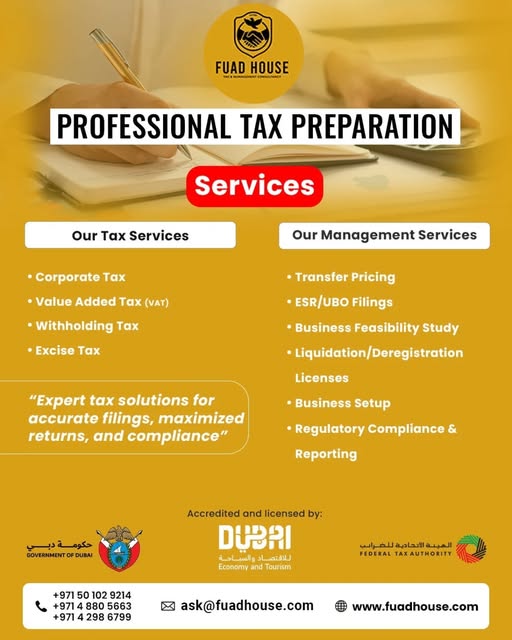Is There 5% Tax in Dubai? Understanding the UAE’s Evolving Tax System
A question that every individual and business owner in the UAE should ask themselves is: “Is Dubai still a tax-free land?”
For many years, the United Arab Emirates, including Dubai, was known as a tax-free jurisdiction, attracting global investors and entrepreneurs. However, over the past few years, the UAE has introduced several types of taxes in line with international standards and economic reforms designed to enhance transparency and fiscal sustainability.
The first major step came in 2017 with the introduction of the Excise Tax, a levy applied to specific goods such as tobacco, energy drinks, and sugary beverages, aimed at promoting healthier lifestyles. This marked the UAE’s initial move toward a structured tax system.
Following that, on 1 January 2018, the Value Added Tax (VAT) was implemented at a standard rate of 5%. This answers the common question: Is there a 5% tax in Dubai? — Yes, VAT applies at 5% to most goods and services supplied within the UAE. Businesses that meet the registration threshold of AED 375,000 are required to register with the Federal Tax Authority (FTA). This makes VAT filing in Dubai an essential responsibility for eligible businesses.
In 2023, the UAE introduced Corporate Tax, marking another major milestone in its fiscal framework. The UAE Corporate Tax Law officially came into effect for financial years starting on or after 1 June 2023, requiring companies to register and comply with new reporting obligations. The standard corporate tax rate is 9% on taxable profits exceeding AED 375,000, while profits below that threshold remain tax-free.
This evolution from a completely tax-free environment to a regulated tax regime demonstrates the UAE’s commitment to aligning with global best practices, ensuring long-term economic stability, and supporting its growth as a leading international business hub.
Today, whether you are an individual entrepreneur, a small business, or a multinational company, understanding your tax obligations — from corporate tax registration to VAT filing in Dubai and excise tax compliance — is essential.
For expert assistance, consulting certified VAT consultants in Dubai or visiting a professional tax office in the UAE ensures you remain compliant with all FTA regulations while optimising your financial efficiency.
Disclaimer:
This blog is published by Fuad House Tax & Management Consultancy for informational purposes only. It does not constitute professional tax advice and should not replace a tailored consultation. Corporate Tax implications vary depending on your business structure, sector, and whether you operate in a Free Zone or mainland. For personalized, reliable guidance, please contact a qualified UAE tax consultant.

